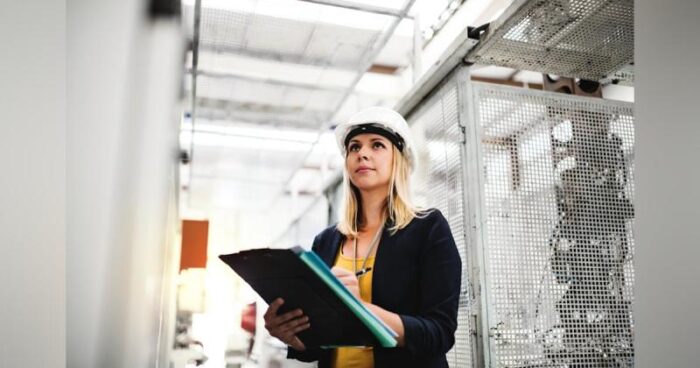For two women manufacturing executives, deciding the right shoes to wear is the framework upon which they tell the story of how they accomplished lean transformations at the plants they managed.
In their new book, Steel Toes and Stilettos, Shannon Karels and Kathy Miller use shoes as a way to help readers visualize the choices they made in their careers.
“It’s a decision that every female professional faces eventually,” says Miller in the book. “It is a significant choice, one that will contribute to your personal brand, one that you will be judged by either consciously or subconsciously.” She chose the heels as her brand.
However, in a conversation I had with them about the state of women in the industry, I would venture to say that both feel things have changed since the early days of their careers.
First a word on their backgrounds: Karels is a senior operations manager who has led multiple lean transformations and run operations for two large publicly traded companies across various industries.
Miller has held roles as global vice president, senior operations executive, and director in manufacturing and lean enterprise leadership. She is a Shingo Prize recipient for large businesses as a plant manager.
Karels: I went to work in manufacturing directly out of college. In college, there wasn’t a gender discrepancy. In fact, women were favored due to what people considered our organizational skills. So when I started my job at a manufacturing company and got comments about being a woman and they were joking about my safety shoes, I was shocked. I wasn’t prepared for that reaction. I decided I would just brush it off and moved on because I had to. I didn’t feel like I had to work harder, as many women felt, as I’m inherently a hard worker, I just wanted to do a good job.
I feel that as women we deserve a seat at the table, not because we are women, but because we work hard.



